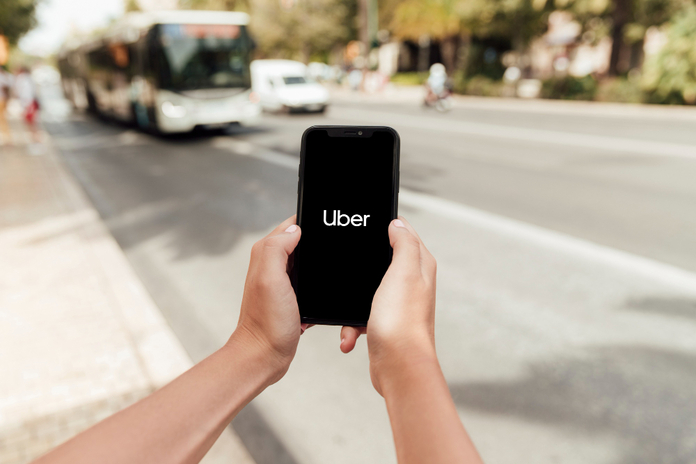Uber Technologies (NYSE:UBER) has officially rolled out Uber Ski, a seasonal service designed to simplify winter travel to top ski destinations across the United States, Canada, France, and Switzerland. Running through the end of March, the Uber Ski service offers larger vehicles, long-range booking options, and built-in trip planning features—all aimed at reducing travel stress during the busiest months of ski season.
How the Uber Ski Service Works
At the core of the Uber Ski service is convenience. Riders can reserve vehicles that comfortably accommodate up to four passengers along with bulky equipment like skis, snowboards, and boots. This expanded capacity is available through Uber Reserve, which allows bookings up to 90 days ahead—an attractive perk for travelers planning peak-season trips when transportation can be difficult to secure.
Beyond spacious vehicles, Uber Ski is available in several of the world’s most popular mountain regions. Whether travelers are heading to the Rockies, the Alps, or the Canadian West Coast, the service aims to solve one of the biggest winter travel challenges: getting from the airport or city center to the mountain without the hassle of parking, shuttles, or rental cars.
A Strategic Partnership with Vail Resorts
One major highlight of the Uber Ski service is its partnership with Vail Resorts (NYSE:MTN), the world’s largest operator of mountain destinations. Through this collaboration, riders can purchase an Epic Pass or Epic Day Pass directly inside the Uber app when booking their ride.
This integration supports simplified trip planning by letting customers organize transportation, lift access, and resort details in one place. The Epic Pass grants access to premier resorts such as Vail, Breckenridge, Park City Mountain, Heavenly, Stowe, Whistler Blackcomb, and Crans-Montana. For those skiing fewer days, Epic 1–7 Day Passes can deliver savings of up to 65% compared with standard lift tickets.
Epic Pass holders also receive 20% discounts on lodging, dining, rentals, group lessons, and more, extending the value of integrating resort perks into the Uber app. Even after Epic Pass sales end in December, travelers will still be able to buy lift tickets to Vail Resorts destinations through the Uber Ski interface.
Why Uber Ski Service Matters for Investor Strategy
The launch of the Uber Ski service reflects Uber’s broader strategy to expand seasonal offerings and deepen customer loyalty. By tapping into the highly active winter adventure market, Uber is not only driving new revenue opportunities but also increasing engagement in regions where demand spikes during winter months.
Uber’s approach mirrors its ongoing interest in travel-adjacent services, positioning itself as an all-in-one mobility partner rather than just a ride-hail provider.
Stock Performance, Valuation, and Industry Context
Shares of Uber (NYSE:UBER) have climbed 50.6% year-to-date, outpacing the broader Zacks Internet-Services industry, which gained 47.5% in the same period. Rival Lyft (NASDAQ:LYFT) has experienced even stronger momentum.
From a valuation lens, Uber currently trades at a forward price-to-sales ratio of 3.22×. While this is relatively inexpensive compared with industry averages, it still sits above the valuation of Lyft, which carries a stronger Value Score of B versus Uber’s D.
Investors should also note that the Zacks Consensus Estimates for Uber’s Q3, Q4, full-year 2025, and 2026 earnings have risen over the past 60 days—a positive sign pointing toward confidence in the company’s trajectory. Lyft’s estimates have improved as well, though at a more modest pace.
A Step Toward the Future of Winter Mobility
With its blend of convenience, technology integration, and strategic partnerships, the Uber Ski service represents a significant push into seasonal travel innovation. Whether it’s enhancing rider experience or improving brand loyalty, Uber appears well-positioned to benefit from increased winter travel demand while carving out a fresh niche in the mobility market.
Featured Image: Freepik









